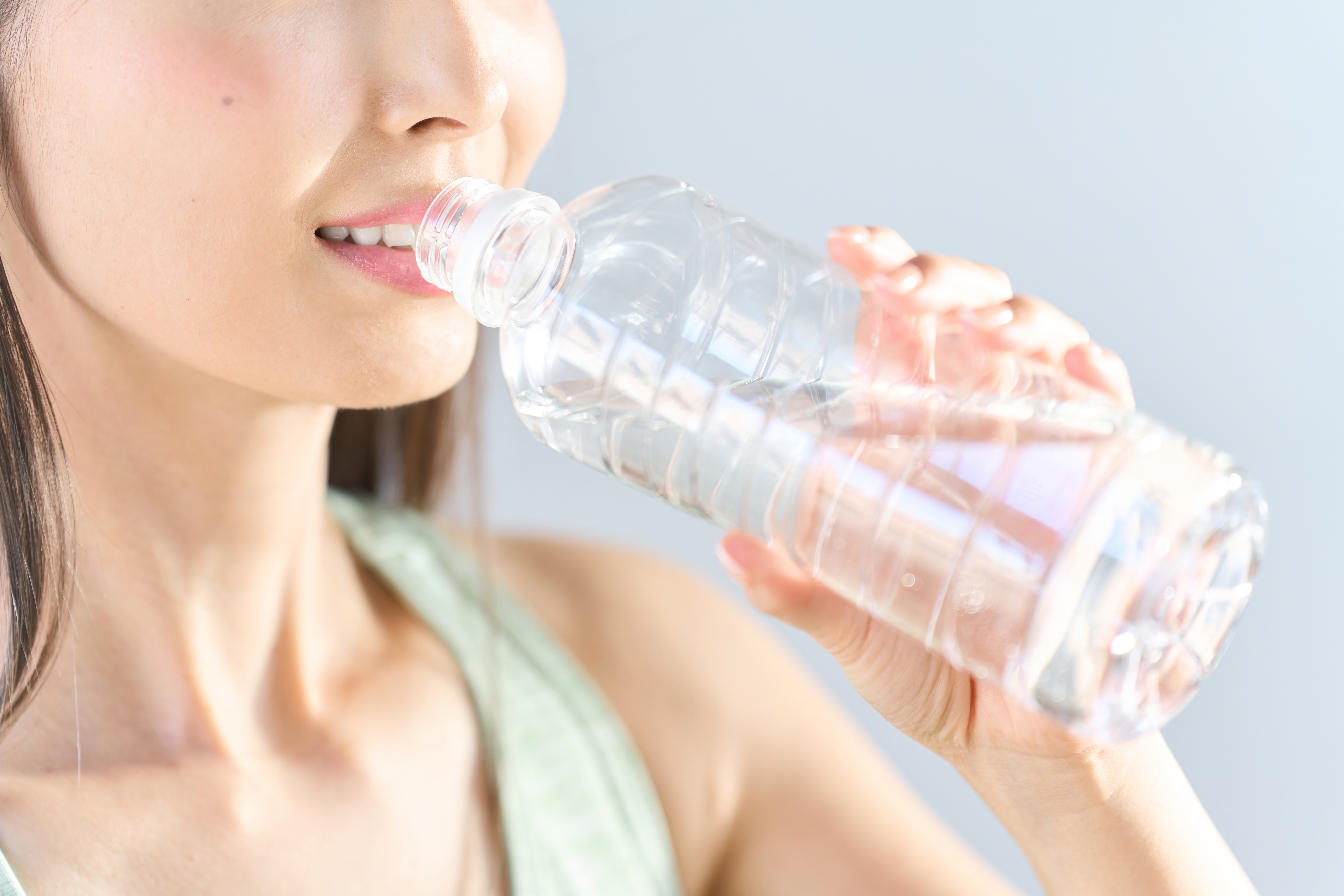10 Simple Strategies to Effortlessly Boost Your Daily Water Intake
Hydration is not just a health trend; it's a fundamental aspect of well-being that impacts every cell, tissue, and organ in our bodies. Water is the primary component of our bodies, making up about 60% of our total body weight. It plays a crucial role in maintaining the balance of bodily fluids, regulating temperature, and supporting digestion. Despite its importance, many of us struggle to consume enough water daily. This article aims to explore 10 simple strategies to elevate your daily hydration effortlessly. The modern lifestyle, characterized by hectic schedules and constant distractions, often leads to neglecting basic needs like hydration. Dehydration can cause fatigue, headaches, and impaired cognitive function, among other issues. Therefore, it's essential to prioritize water intake and integrate it seamlessly into your daily routine. Let's embark on this journey to better hydration and discover how small changes can lead to significant health benefits.
1. Understanding Your Hydration Needs

Before implementing strategies to boost your water intake, it's crucial to understand your unique hydration needs. The amount of water each person requires can vary based on factors such as age, weight, activity level, and climate. The commonly cited recommendation of eight 8-ounce glasses a day is a general guideline, but individual needs may differ. For instance, athletes or individuals living in hot climates may require more water to compensate for fluid loss through sweat. By assessing your lifestyle and environment, you can tailor your hydration goals to meet your specific needs. To determine your hydration needs accurately, consider consulting with a healthcare professional or using online hydration calculators that factor in your personal details. Pay attention to your body's signals, such as thirst and the color of your urine, which can indicate hydration levels. Clear or light-colored urine typically signifies adequate hydration, while dark urine may suggest dehydration. By understanding these cues, you can adjust your water intake accordingly. This personalized approach to hydration ensures that you meet your body's requirements and avoid the pitfalls of both dehydration and overhydration.
